BBC News Africa recently released a documentary titled The Blood Parliament, which sheds light on the horrific violence that occurred during Kenya’s June 2024 Gen Z protests. The documentary uncovers the brutal killings that took place during the protests, leaving the nation in shock and disbelief.
Dozens of people lost their lives, and the documentary exposes the alleged individuals and groups behind the violence. The protests, led by young activists, were meant to demand better governance and an end to widespread corruption in the country. What began as peaceful protests quickly turned deadly as security forces reacted with overwhelming force.
Eyewitnesses and families of the victims have come forward with chilling accounts of what transpired. They accused the police of shooting, beating, and forcibly disappearing protesters.
These allegations were brought to light in the documentary, which reveals disturbing evidence that paints a grim picture of state-sanctioned violence. Leaked documents, testimonies from survivors, and covert footage implicate high-ranking government officials, suggesting that this wasn’t just a series of random incidents but rather a coordinated effort to silence dissent.
Watch the exclusive expose in the video below
One survivor, who spoke out during the film, recalls the terrifying moment when police opened fire on the crowd without any warning.
“They didn’t warn us just started shooting,” the survivor says, his voice filled with fear as he remembers the chaotic scene. The documentary also includes footage of armed men in plain clothes dragging protesters into unmarked cars, an act that further suggests the systematic targeting of individuals for their involvement in the protests.
Experts featured in the film argue that the violence was not an isolated incident but a part of a larger, coordinated campaign to suppress opposition to the government.
Despite mounting evidence, the Kenyan government has consistently denied any wrongdoing, attributing the violence to “criminals” taking advantage of the situation. However, the documentary presents text messages and emails that allegedly link senior government officials to the crackdown, raising serious questions about the official narrative. International human rights organizations are now calling for independent investigations and for justice to be served for the victims and their families.
The calls for accountability are growing louder, as people demand answers for the loss of lives during what was meant to be a peaceful demonstration for change.
On social media, Kenyans have expressed their anger and sorrow in response to the documentary. Many have praised BBC News for uncovering the truth, while others are demanding that those responsible be held accountable for their actions. “We knew it wasn’t just random violence this was planned,” one activist tweeted, echoing the sentiments of many who feel that the violence was part of a deliberate effort to crush any opposition to the government.
The Blood Parliament is more than just a documentary; it serves as a crucial reminder of the lengths to which some will go to suppress voices of dissent. As the pressure on the authorities increases, the world is watching to see whether Kenya will take the necessary steps to hold those responsible for the killings accountable or allow impunity to reign.
For the families of the victims, this documentary is a vital step toward seeking justice and finding peace in the wake of a tragedy that has left scars on the country’s soul.

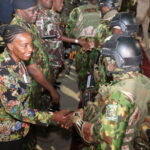
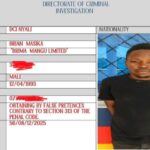
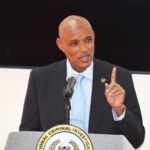


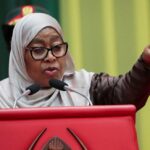
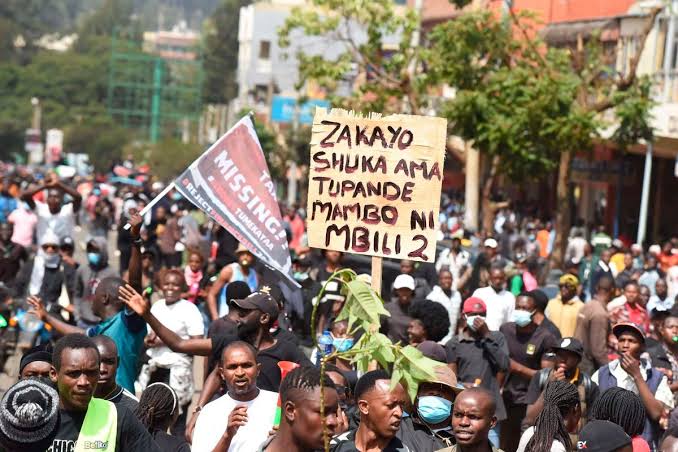

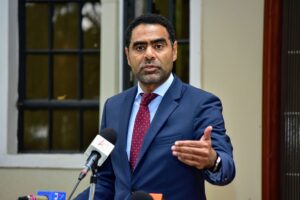
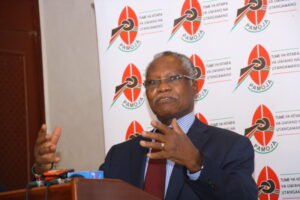


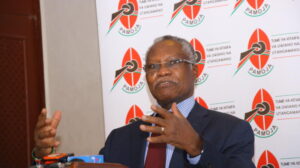

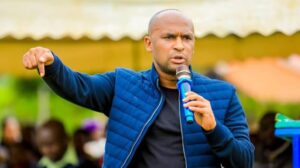

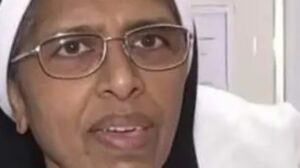
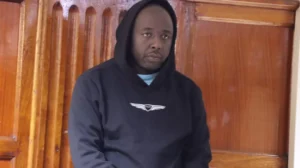
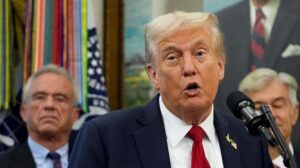

Add Comment